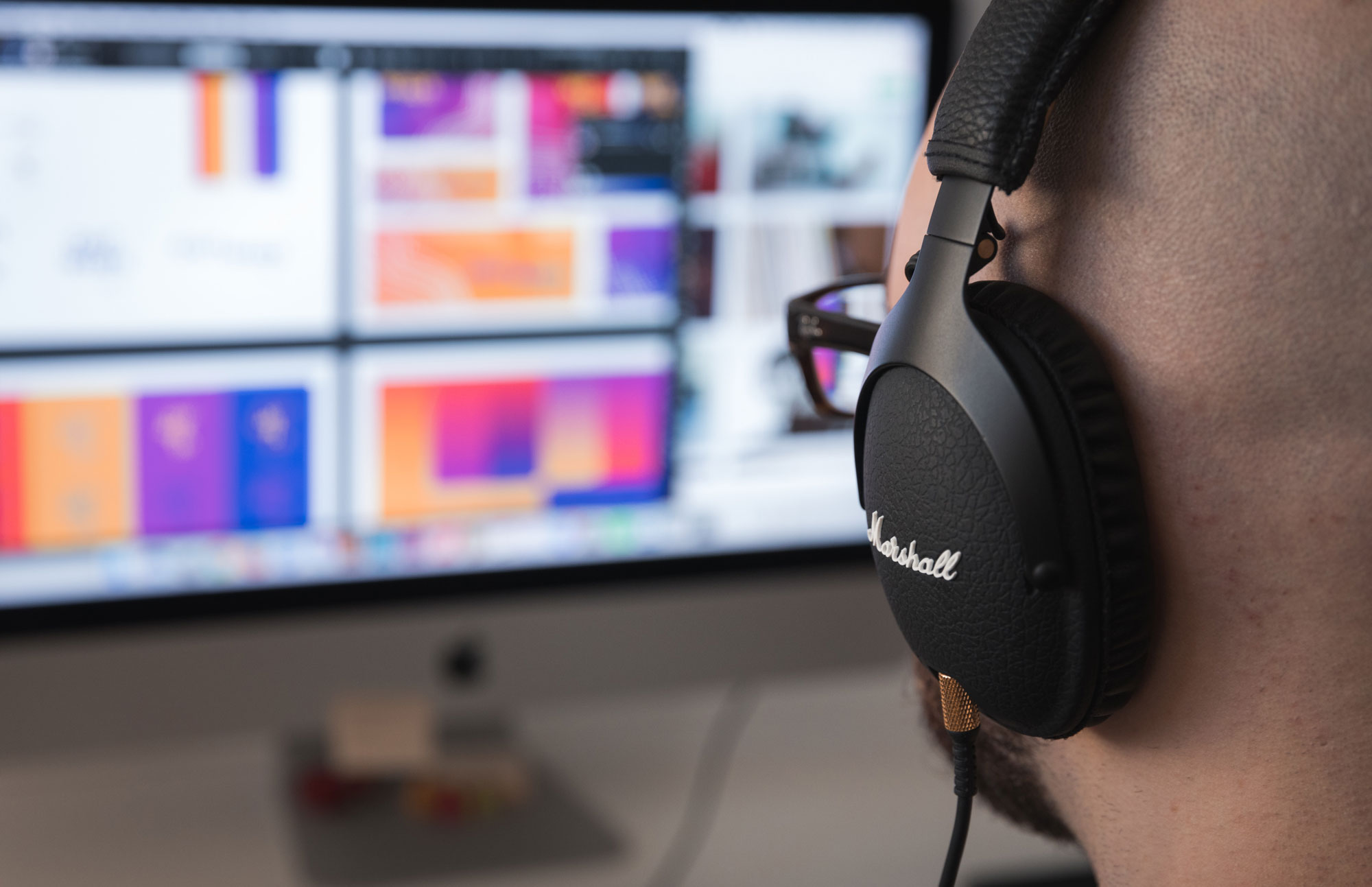Facebook paid people to listen to voice recordings, too

It’s the fifth big tech company forced to admit to the practice this year.
The news: Facebook paid contractors to listen to, and transcribe, audio clips generated by people using its Messenger app, according to Bloomberg. They were not told where the clips were recorded, or how they were obtained, and the conversations were sometimes deeply personal. The contractors were employed to check if Facebook’s artificial intelligence software correctly interpreted the messages, which the company says were not traceable back to users. Facebook suspended the program a little over a week ago, a spokesperson told Bloomberg.
Déjà vu: This story follows almost identical revelations about Amazon in April, Google and Apple in July, and Microsoft earlier this month. In each case, the companies didn’t disclose the practice to users. Most of them have since suspended it, pending investigations.
Were you affected? Facebook said the only users affected were those who chose the option in its Messenger app to have their voice chats transcribed, a service it launched in 2015. But there was never any mention of human involvement in that process.
Behind the curtain: The fact that the practice of getting humans to check voice recordings and responses is so ubiquitous shows just how limited AI still is in its ability to recognize words and meaning (though it’s improving). It’s also a reminder that for many AI services, there’s still an army of (usually low-paid) data workers toiling away behind the scenes.
Sign up here for our daily newsletter The Download to get your dose of the latest must-read news from the world of emerging tech.
Keep Reading
Most Popular
Large language models can do jaw-dropping things. But nobody knows exactly why.
And that's a problem. Figuring it out is one of the biggest scientific puzzles of our time and a crucial step towards controlling more powerful future models.
How scientists traced a mysterious covid case back to six toilets
When wastewater surveillance turns into a hunt for a single infected individual, the ethics get tricky.
The problem with plug-in hybrids? Their drivers.
Plug-in hybrids are often sold as a transition to EVs, but new data from Europe shows we’re still underestimating the emissions they produce.
Stay connected
Get the latest updates from
MIT Technology Review
Discover special offers, top stories, upcoming events, and more.